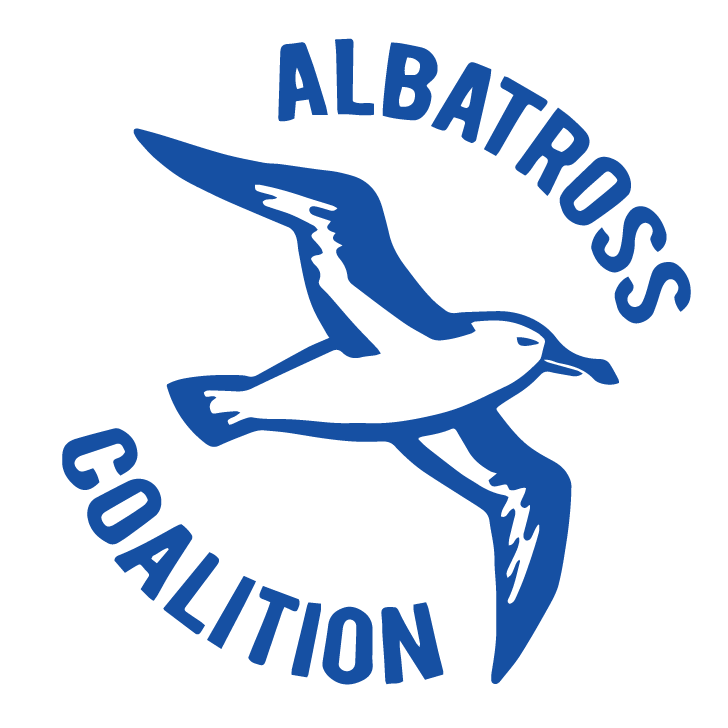AB 2779 passed the Natural Resources Committee – 7-3!
AB 2779 (Stone/Calderon) – Connect the Cap – formerly AB 319 aka Leash the Lid, passed the Assembly Natural Resources Committe 7-3. Our thanks to Chair Assemblymember Al Muratsuchi, Author Assemblymember Mark Stone, Richard Bloom, Assemblymember Monique Limón, Assemblymember Kevin McCarty, Assemblymember Ed Chau, and Assemblymember Susan Talamantes Eggman! The bill now heads to the…
